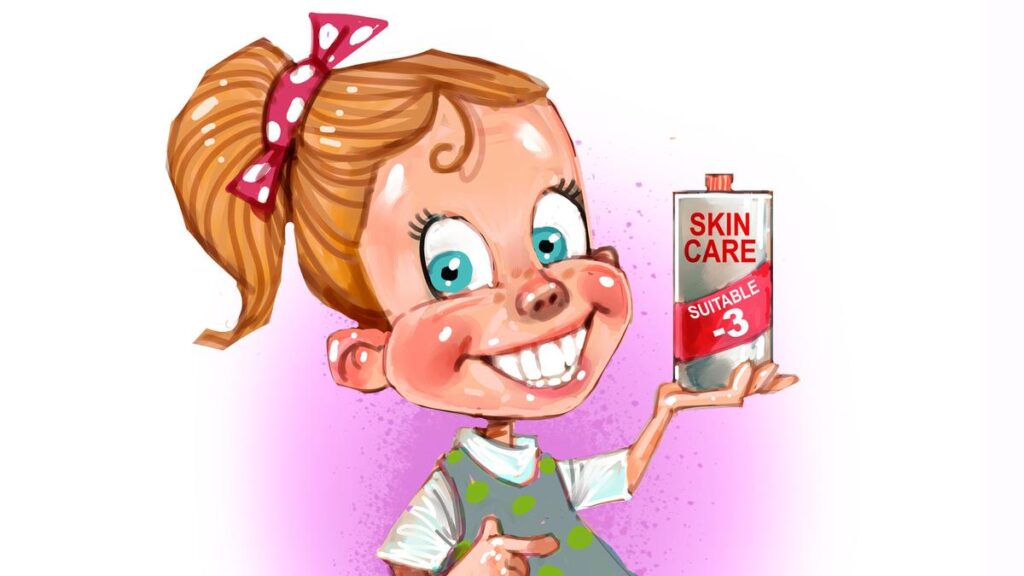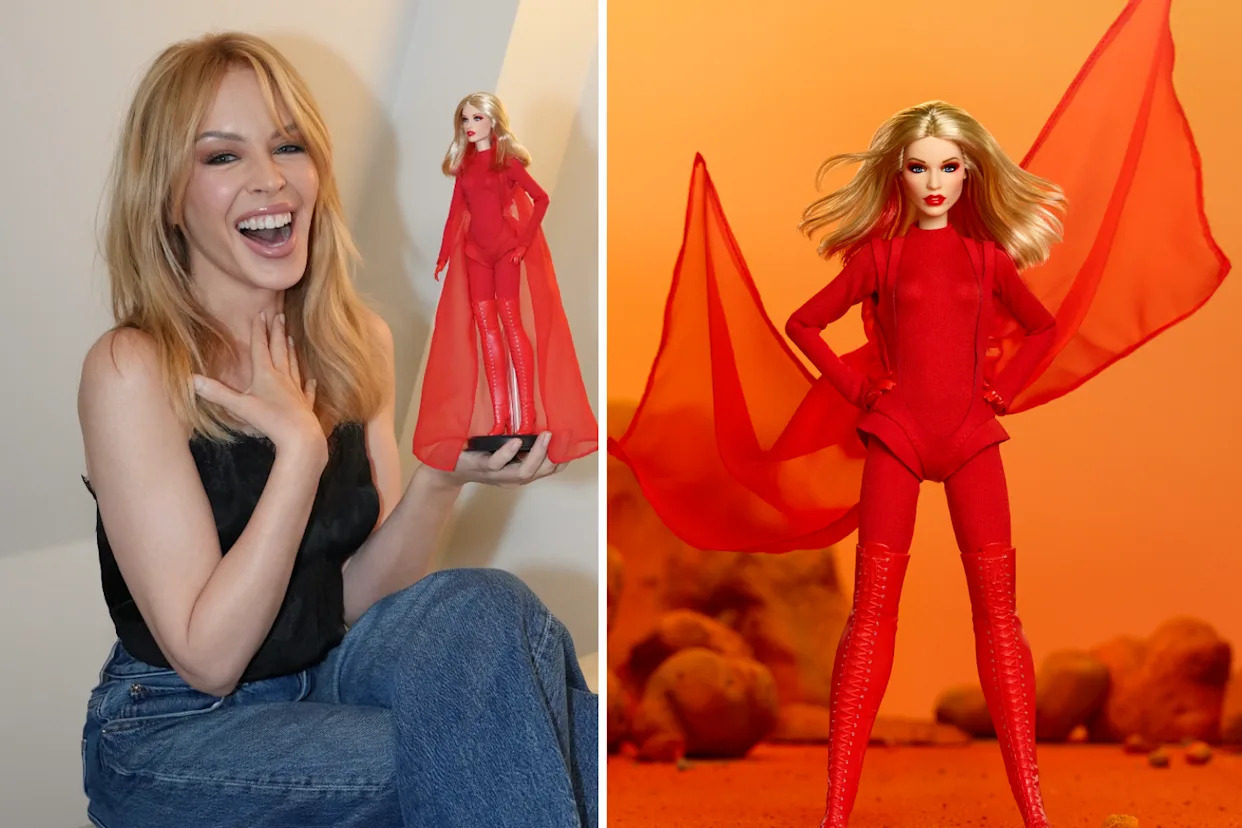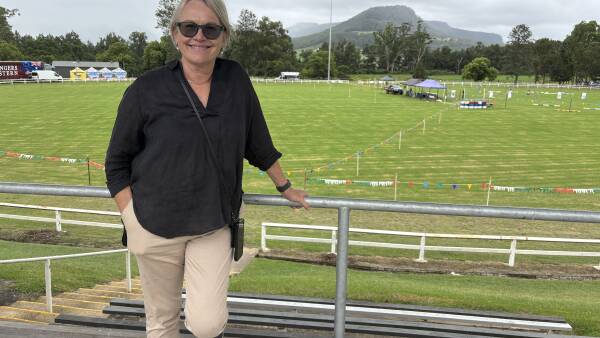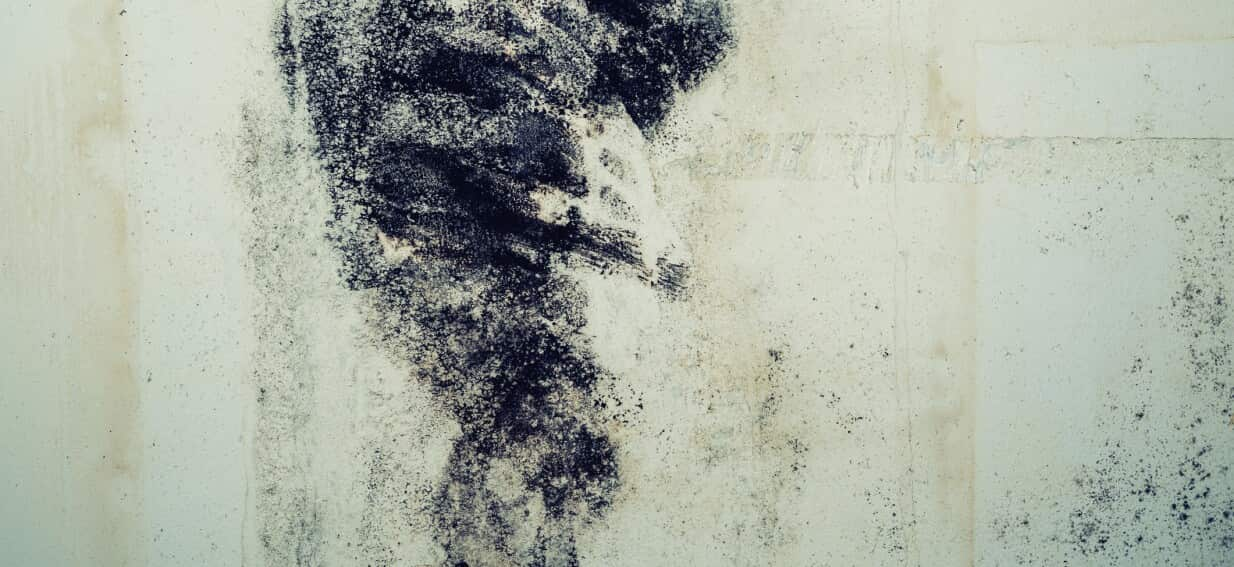
Three year old Skin Care Range Illustration: Don Lindsay
Actress Shay Mitchell, known for her role in *Pretty Little Liars*, has launched a new children’s skincare brand called Rini. The brand aims to cater to children aged three to five, introducing a line of products that includes children’s sheet masks and toddler makeup. This launch has ignited a significant discussion about the appropriateness of skincare routines for very young children.
Mitchell’s inspiration for Rini stemmed from her experiences with her three-year-old daughter, who expressed a desire to engage in her mother’s beauty routines. In the brand’s promotional video, Mitchell reflects on the common behavior of toddlers wanting to imitate their parents. “They are always wanting to do the things that Mummy’s doing,” she stated.
While the intention behind Rini may be light-hearted, critics are raising concerns about the implications of marketing skincare to toddlers. The advertising imagery, featuring a young model wearing a glossy sheet mask, evokes unease among some observers. The child’s expression, which appears disconnected from the playful theme suggested by the marketing, raises questions about the underlying message being conveyed to impressionable young audiences.
The backlash against such products is gaining traction, particularly from experts in dermatology. Dr. Angelo Landriscina, a dermatologist based in New York, has voiced his concerns regarding the potential harm of using skincare products on young skin. He emphasizes that children’s skin is generally self-regulating, and applying excessive products can be detrimental. “The connotation is that you’re baking in the sun and that is especially dangerous for young children,” he cautioned, referencing the brand’s “after-sun mask” that implies sun exposure should be normalized for toddlers.
The trend of beauty products aimed at children is not entirely new. Many young individuals today are introduced to makeup at an early age, with social media platforms amplifying the visibility of beauty standards. In cities like Los Angeles, children’s birthday parties have evolved to include beauty-themed events, where young guests experiment with makeup in a setting designed to mimic adult practices.
Critics argue that introducing skincare routines to toddlers is unnecessary. Experts suggest that the only skincare needed for young children typically involves basic hygiene and sun protection. The societal pressure to present children as miniature adults can undermine their natural development and self-image.
As a parent, the author grapples with the impact of beauty standards on her own child. She often reflects on the mixed messages conveyed through her own public persona, which includes preparation for television appearances. The author expresses a desire to protect her daughter from the pressures of societal beauty expectations, advocating for a more balanced approach that allows children to grow into their skin without undue influence.
The launch of Rini serves as a reminder of the ongoing cultural conversation about beauty standards and their effects on young children. As the debate continues, parents may find themselves navigating the complexities of allowing their children to explore identity while also shielding them from societal pressures. Ultimately, the conversation surrounding toddler skincare highlights the need for a thoughtful approach to childhood development in an increasingly commercialized world.






